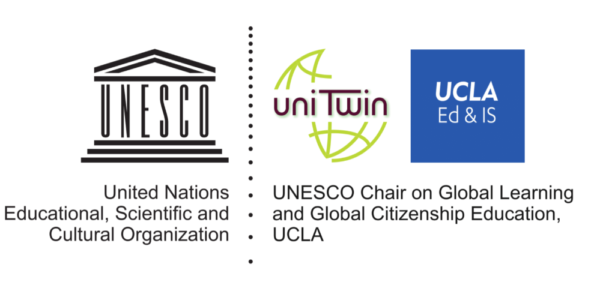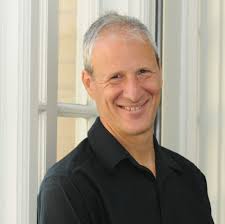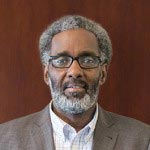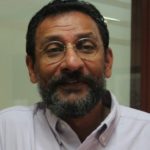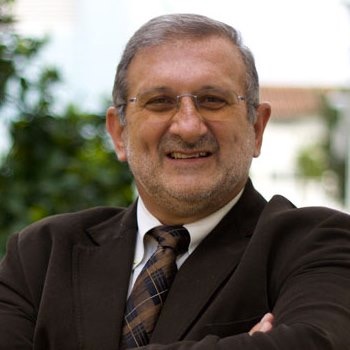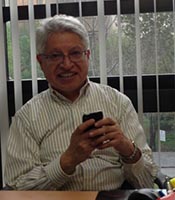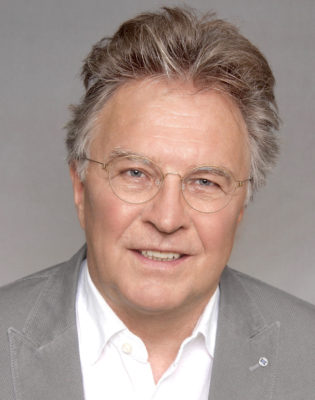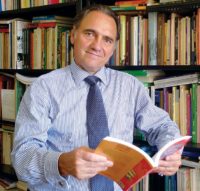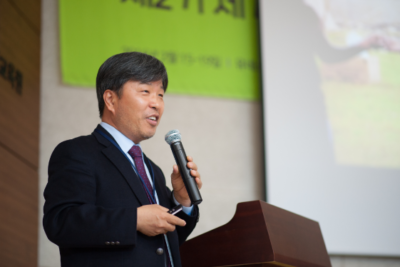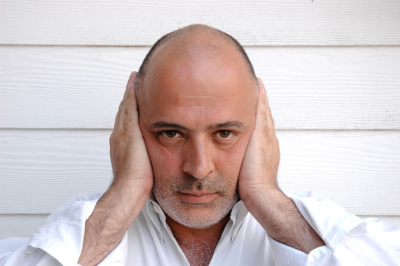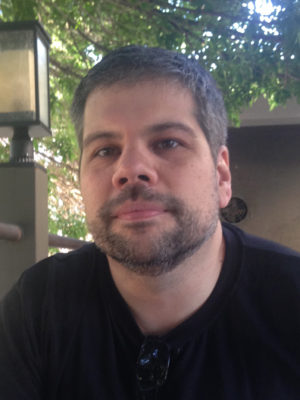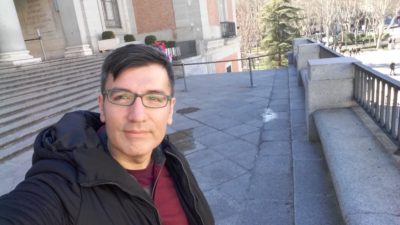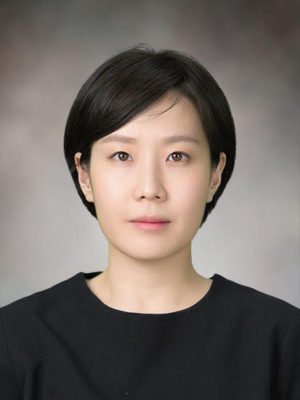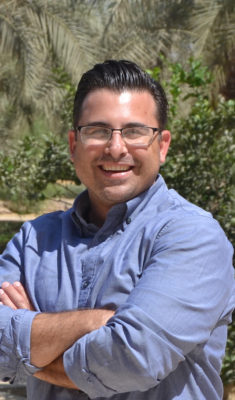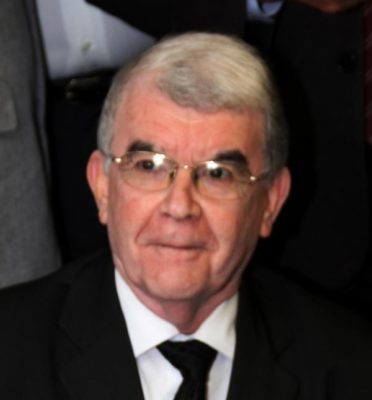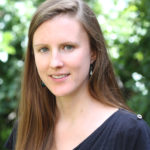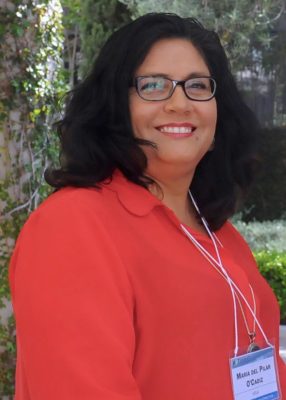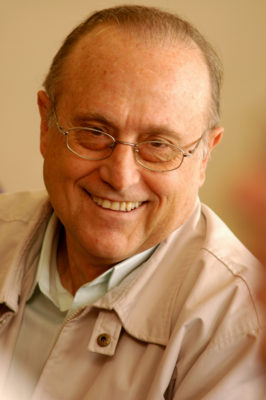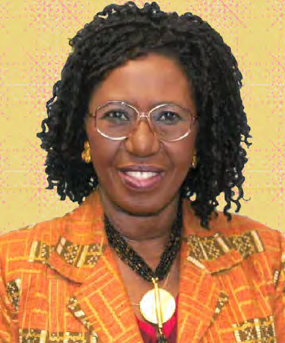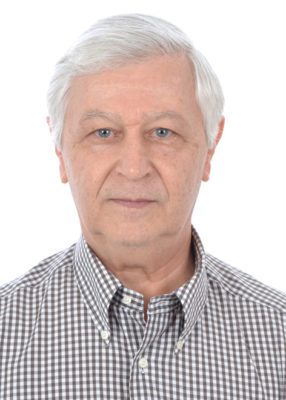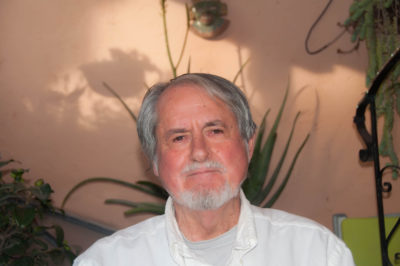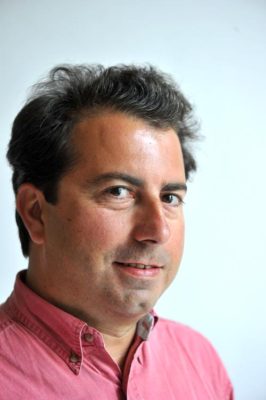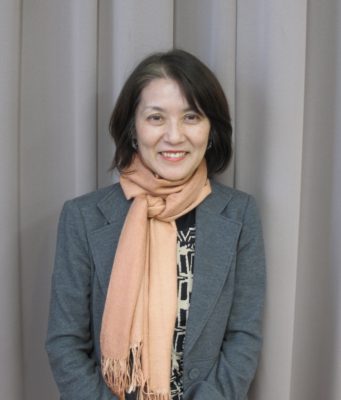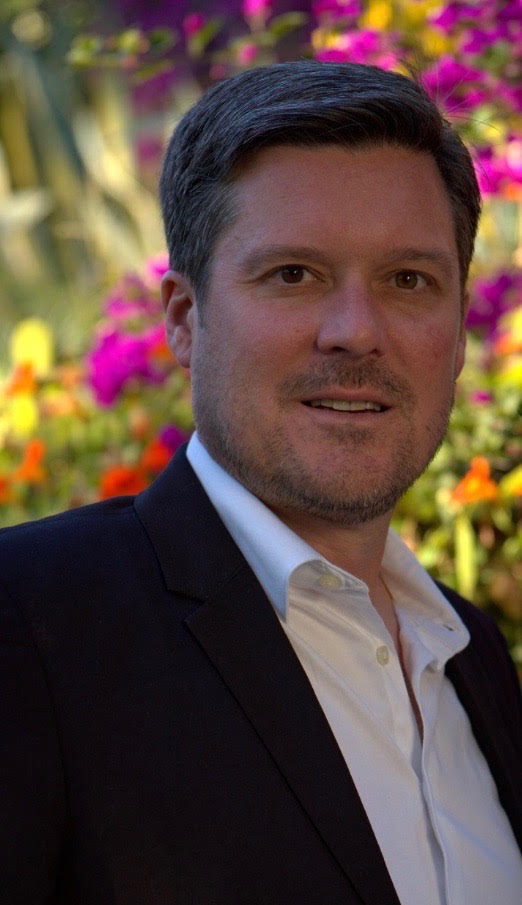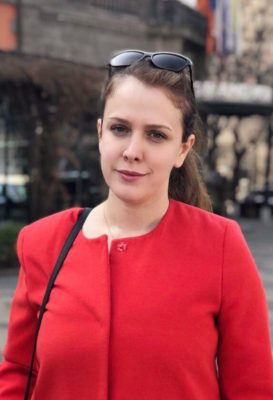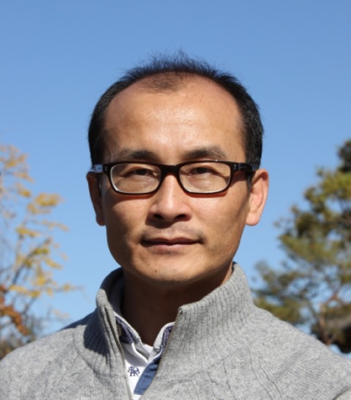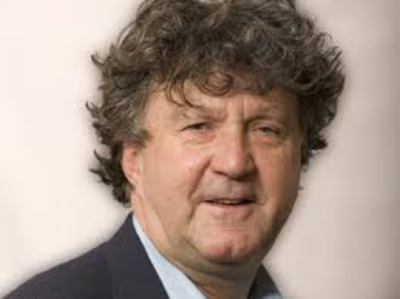Global Citizenship Education
While the world may be increasingly interconnected, human rights violations, inequality and poverty still threaten peace and sustainability.
Global Citizenship Education is UNESCO’s response to these challenges. It works by empowering learners of all ages to understand that these are global, not local issues and to become active promoters of more peaceful, tolerant, inclusive, secure and sustainable societies.
Global Citizenship Education is a strategic area of UNESCO’s Education Sector program and builds on the work of Peace and Human Rights Education. It aims to instill in learners the values, attitudes and behaviors that support responsible global citizenship: creativity, innovation, and commitment to peace, human rights and sustainable development.
UNESCO’s work in this area is grounded in its own Constitution which aims to ‘build peace in the minds of men and women,’ the Universal Declaration of Human Rights, the Education 2030 Agenda and Framework for Action, notably Target 4.7 of the Sustainable Development Agenda, the Recommendation concerning Education for International Understanding, Co-operation and Peace and Education relating to Human Rights and Fundamental Freedoms (1974), and the World Programme for Human Rights Education (2005-ongoing).
Objectives
- To foster the values, abilities, skills of global citizenship for the current generation of undergraduates attending a global research university.
- To build an accredited, rigorous, systematic, empirically-based and theoretical-sound research agenda for global learning and global citizenship at the graduate level, becoming the foci of the most talented graduate students from around the world.
- To be the lynchpin of the conversation on global learning within UCLA, working and committed to coordinating inter-university programs, institutions, and schools all link to the Chair.
- To fulfill the requirements of the Education First Initiative, specifically pertaining to global citizenship education.
- To assist in a deeper theoretical and empirical understanding to the question of how global citizenship can provide value added to the tensions of national citizenship.
Carlos Alberto Torres
Carlos Alberto Torres, Distinguished Professor, and former Director of the UCLA-Latin American Center, is a political sociologist of education who did his undergraduate work in sociology in Buenos Aires, Argentina (B.A. honors and teaching credential in Sociology, Universidad del Salvador), his graduate work in Mexico (M.A. in Political Science, Latin American Faculty of Social Sciences, FLACSO) and the United States (M.A. and Ph.D. in International Development Education, Stanford University), and post-doctoral studies in educational foundations in Edmonton, Canada (University of Alberta).
He is also the Founding Director of the Paulo Freire Institute in São Paulo, Brazil; Buenos Aires, Argentina; and UCLA. Dr. Torres has been a Visiting Professor in universities in North America, Latin America, Europe, Asia and Africa. He has received two Fulbright fellowships, and he is the inaugural holder of the UNESCO UCLA Chair on Global Learning and Global Citizenship Education, Graduate School of Education and Information Studies, Department of Education, UCLA.
He has received on October 25, 2016 the title of Doctor Honoris Causa by the Universidade Lusofona de Humanidades e Tecnologias, Lisbon, Portugal. Has been nominated for the Brock International Prize in Education (see http://brockprize.org/nominees2018). Has received the ANAHEI- Association of North America Higher Education International– ANAHEI Research Leadership Award – Global Issues, 2018 [https://anahei.org/anahei-awards-winners/]. Has been elected CIES Honorary Fellow (to be vested in San Francisco, in the CIES Annual Meeting of 2019).
During the Fall of 2018 he is a Gastprofessor in the Department of Sozialgeographie, and Senior Fellow in the Department of Sociology of Fredrick Schiller Universität Jena, Germany. He is also visiting professor at the Nelson Mandela Metropolitan University, Port Elizabeth, South Africa.
Research Agenda
Dr. Torres’ areas of theoretical research focus on the relationship between culture and power, the interrelationships of economic, political, and cultural spheres, and the multiple and contradictory dynamics of power making education a site of permanent conflict and struggle.
His empirical research focuses on the impact of globalization in higher education. Torres’ theoretical and empirical research has resulted in the development of a political sociology of education, highlighted in his much-heralded book with Raymond Morrow, Social Theory and Education. He is considered one of the world’s leading authorities on Latin American Studies and Global Citizenship Education, and the principal biographer of Brazilian philosopher and critical social theorist, Paulo Freire.
Over the last thirty years, Dr. Torres has contributed to four fields: Latin American Studies, Political Sociology of Education, Comparative and International Education, and Global Citizenship Studies. In his theoretical work, Dr. Torres has accounted for the major shifts and transformations, national and global, that deeply impacted these fields. A book he wrote with Raymond Morrow, Social Theory and Education, is considered one of the standard texts on theories and meta-theories in Sociology of Education. A book he edited with Robert Arnove, Comparative Education: The Dialectics of the Global and the Local, now in its fourth edition, is the textbook of choice for more than fifty Comparative Education programs in the English-speaking world. Another of his books, Education, Democracy and Multiculturalism: Dilemmas of Citizenship in a Global World, translated in several languages, suggested new agendas for these fields. All three books contain critical interpretations of cultural and social reproduction theory, theories of the state, analyses of multiculturalism, feminism and other approaches to social diversity, inequality, and the struggle for social justice education.
A new book in press (Wiley and Blackwell, New York, to be published in 2019), Carlos Alberto Torres (editor) The Wiley Handbook of Freire, with an introduction and 31 chapters constitute a New-Freirean Perspective for the 21st Century.
For the last decade, Dr. Torres has been working from a global perspective that encompasses human rights, pluralism and citizenship, wresting education away from state dominance, and the globalization of economies, communications and labor forces. Understanding how global citizenship education can contribute to social justice, peace and governability in a global interdependent work is the subject of his current theoretical, normative and empirical research agenda.
Publications
Dr. Torres has authored, co-authored or edited more than 70 books, and more than 250 peer-review research articles, chapters in books and entries in encyclopedias in several languages–he speaks fluently in Spanish and Portuguese. See his blog carlosalbertotorres.org.
He can be reached at:
2018 Moore Hall
Los Angeles, CA 90095-1521
Tel: 310-206-5791
Fax: 310-206-6293
torres@gseis.ucla.edu
His CV can be accessed through: CAT_VITAE
